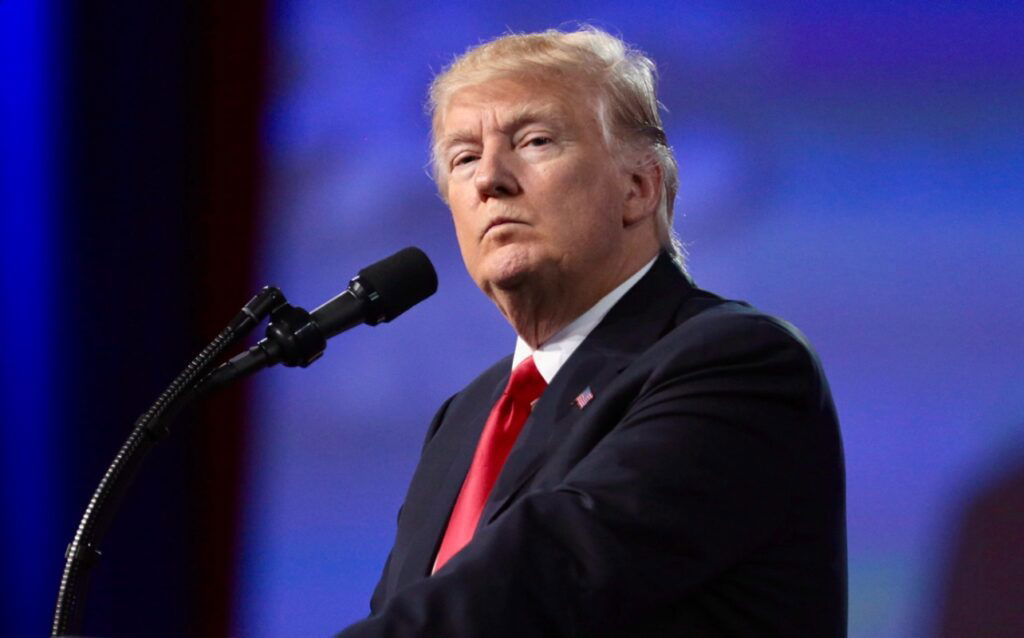Climate Crisis – the most important 5 posts

An item on my “to write in a long form post” list that I haven’t been able to get to in the past months is a post on the climate crisis. I wrote long posts on the topic ~2 years ago and a lot has improved in our understanding of the problem (hint: it is a tougher and bigger problem than we initially thought). So, instead of attempting to synthesize all the great stuff being written on the topic, I thought I’d attempt to curate the most important 5 posts I’ve read on the topic for anyone looking to get up to speed.
1. Amasia and the Climate Crisis – The Facts by Ramanan Raghavendran (link). The Amasia team (a venture capital firm) have done a fantastic job synthesizing the facts on climate change in one post. If there’s just one insightful post you want to read to understand the facts, this is it.
2. The state-of-emissions of greenhouse gases by Our World in Data (link). As Ramanan and team detail in the above post, richer countries have contributed disproportionately to this problem. I’ve gotten a bit of heat from some of you in previous posts where I’ve called out the current US administration for inaction on the problem. The chart below hopefully helps explain why – as the biggest contributor to emissions globally and the biggest per capita in the last 250 years (by a distance), taking some responsibility to find solutions isn’t an unrealistic expectation in my book.

And, second, while our politicians would love for us to point fingers at “them” (take your pick on whoever “they” are), we all share the planet and we emit a lot of greenhouse gases collectively. We’re in this together.
3. The Scientific Consensus on Climate Change by NASA (link). The top scientists in the United States shared their take on the climate crisis to the world. They detail causes, evidence, and effects in this very thorough and beautifully visualized analysis. The biggest takeaway for us – we need to stop calling it climate “change.” It is a crisis.
PS: If you prefer reading research papers, here are two (1, 2) recommended by one of the most knowledgeable folks I know on the topic.
4. Scientists have been underestimating the effects of climate change in The Scientific American (link). If the above consensus didn’t give you pause, maybe this will. The authors of a book called “Discerning Experts” examined the research on the topic of climate and concluded that scientists have been consistently underestimating the effects of climate change. This is happening because scientists wants to be consistent with preceding research, worry about being labeled as alarmists, and view the data more conservatively (likely to be able to maintain optimism themselves).
5. So, what are the solutions? This all sounds pretty bad. What, then, are the solutions? As you might imagine, there is nothing definitive here – so, I have more than 1 link to share. If there were, there’d be nothing to discuss. :-) Bill Gates, now one of the leading thinkers and investors in this domain, believes the answer lies in tackling the various major drivers of emissions – electricity (25%), agriculture (24%), manufacturing (21%), transportation (14%), and buildings (6%). His post is here.
While there are many interesting technologies in the running to reduce or remove emissions in these areas, the technologies that experts are pinning their hope on seems to revolve around some form of carbon capture. Akshat Rathi, a reporter at Quartz, has been doing a great job covering progress on carbon capture and also has a good weekly newsletter called “The Race to Zero Emissions.”
There are, of course, reasons to be pessimistic. When I went down the climate crisis rabbit hole 2 years ago, I emerged with a sense of disappointment and despair at our efforts to understand the problem and respond to it. The progress we’re currently making is too slow – there is no doubt about that. And, the challenge with changing behavior today is that it has become a political issue in many places. Making something political is close to the surest way to prevent progress.
As a result, there are many who believe we’ll only be able to get over our petty issues/conflicts and begin to respond after a major negative event that will contribute to the loss of many lives. Sadly, as things stand, the odds of them being right are fairly high.
That said, optimism is a self-fulfilling prophecy. So, I think it is important to be optimistic. And, to that end, I’ll end with a key paragraph in the first link I shared from Ramanan’s/Amasia’s excellent synthesis.
Issues as large and widespread as climate change suffer from the paradox of rational choice: while it is collectively rational to take action in the face of climate change, it may seem individually irrational to make fundamental lifestyle changes due to the high personal cost and immeasurably small effect a single set of actions will have on the environment as a whole. The importance of change at the individual level, however, is far greater than most people recognise, and such change when taken up by billions will make a decisive difference.
Amen to that.
I hope this round up helps.










